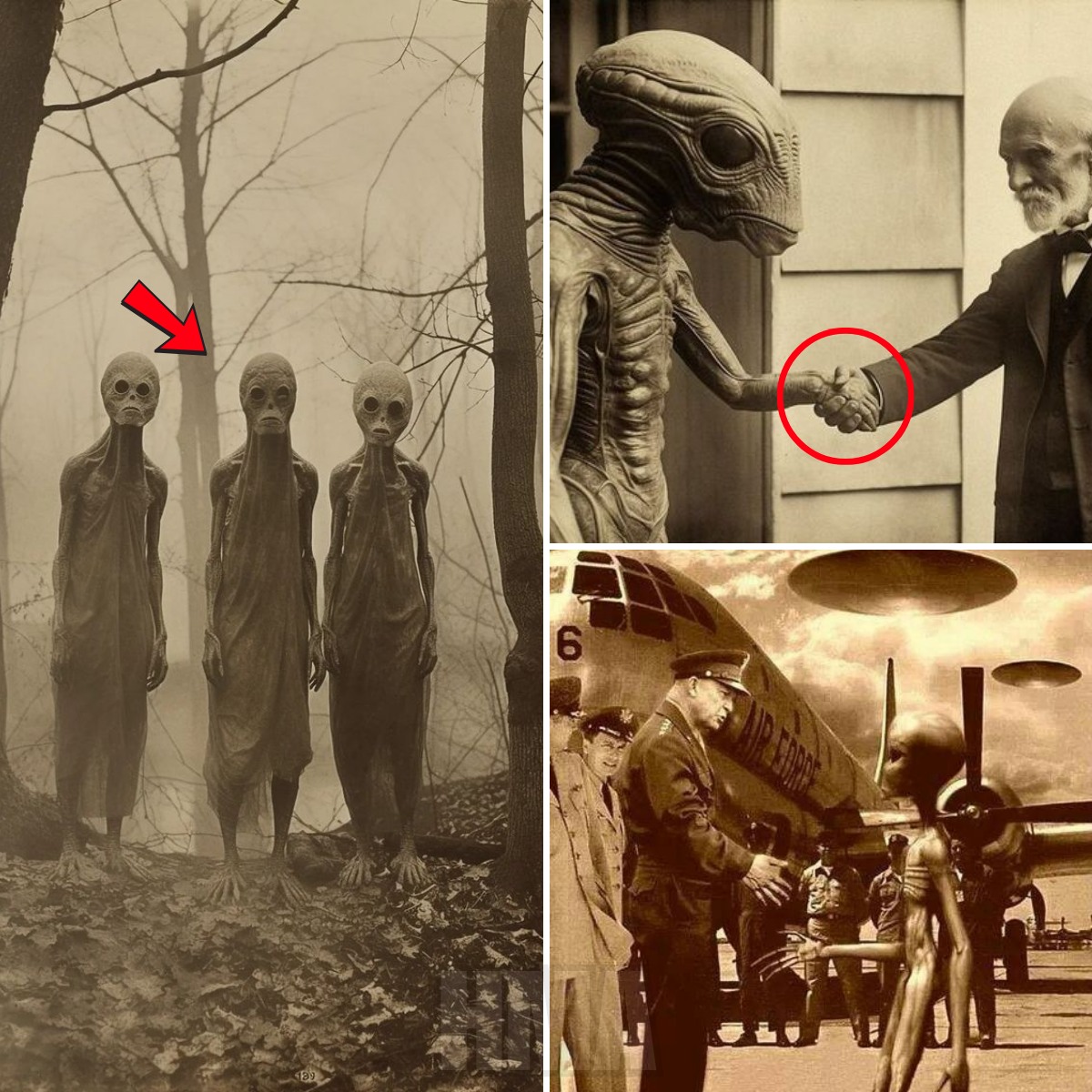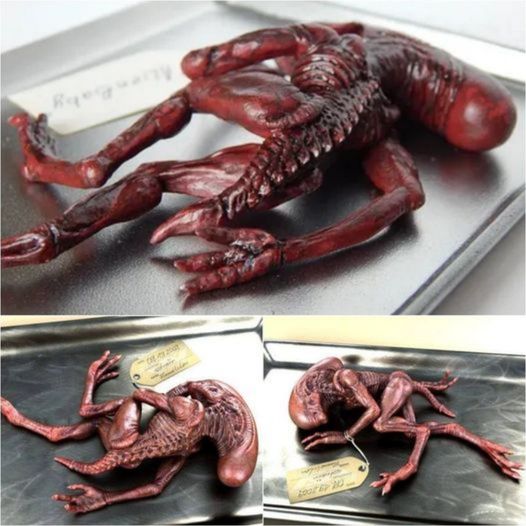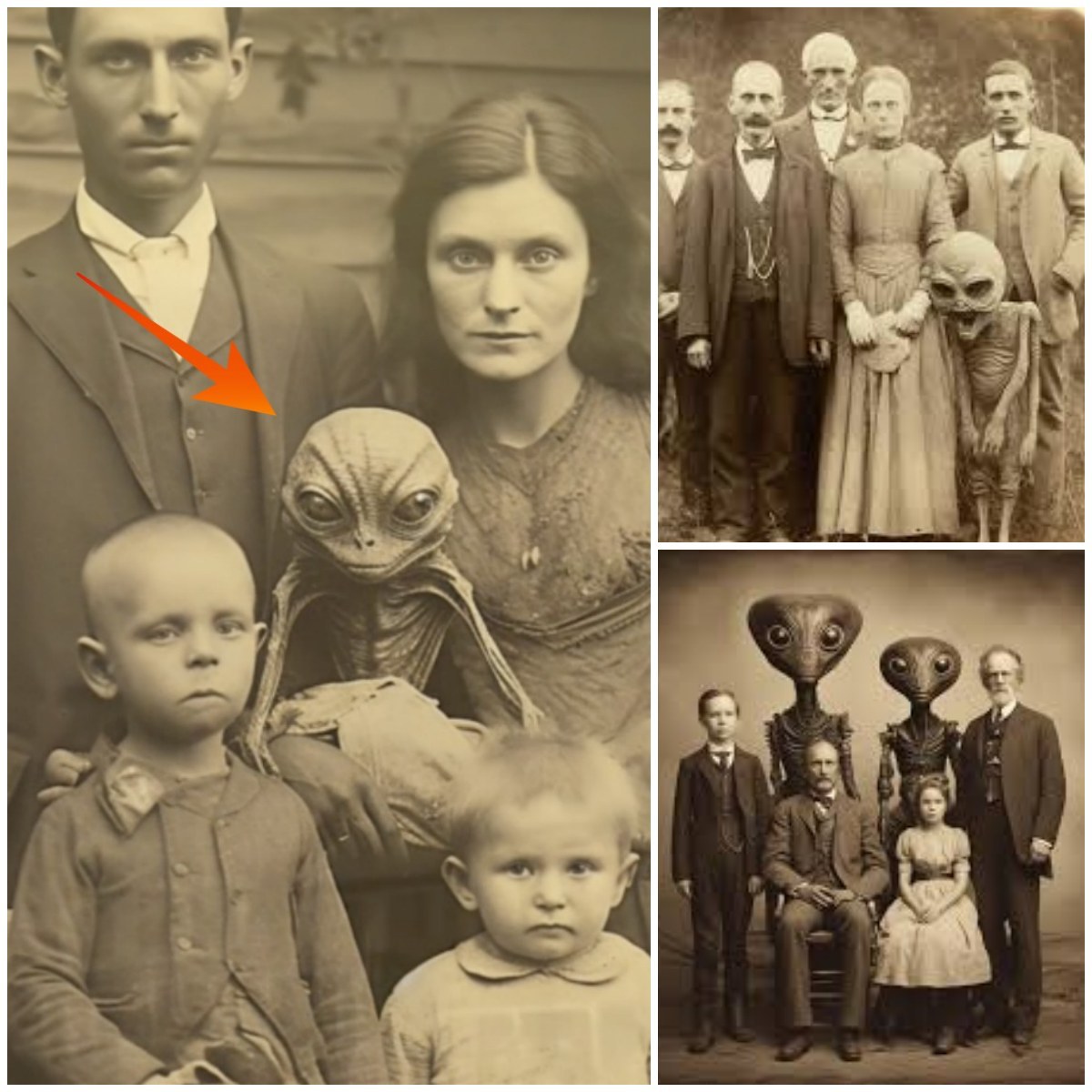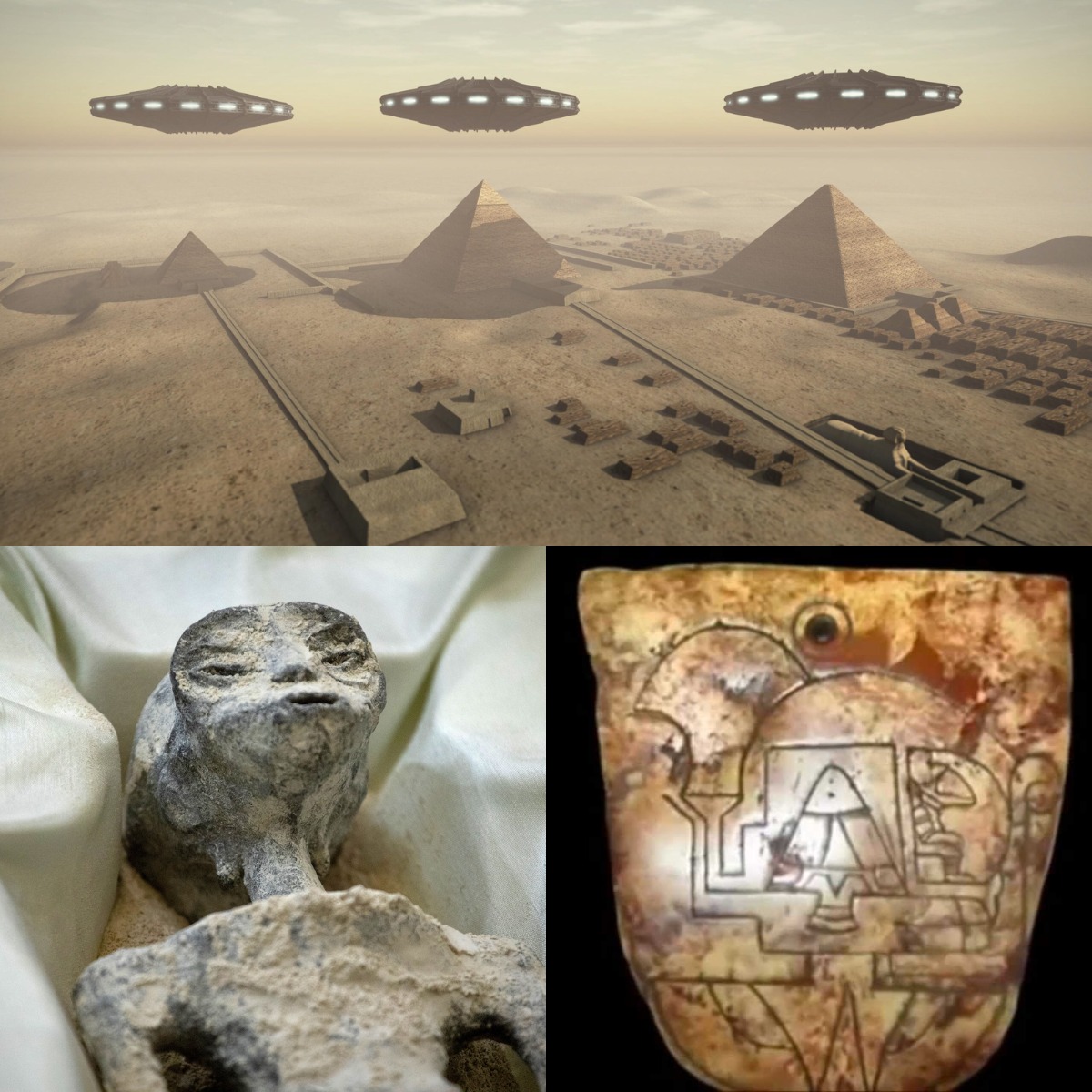Ubasute (姥捨て) also known as Oyasute (親捨て) is an ancient custom in Japanese society, according to which, when a relative is seriously ill or old, they will be taken to the mountains or to a remote place. somewhere and left to die. According to Kodansha’s visual encyclopedia, Ubasute has been the subject of many folk paintings and stories in Japan, but there is no evidence to confirm whether they were ever a common custom. . However, it is worth mentioning that although it sounds cruel and inhumane, in fact even modern Japan has had many cases of Ubasute that have shaken many people.

ubasuteThe painting “Ubasute Tsuki” (roughly translated: Moonlight on Ubasute Day) by artist Yoshitoshi. Source: Wkipedia.Origin of the custom of “carrying your mother up the mountain and leaving her to die”Ubasute, also known as Oyasute, literally dumps the elderly in a deserted place to die when they are no longer able to work. There are many theories surrounding the origin of this macabre custom, but the most popular is the story of the “Great Teimei Famine”. Accordingly, in 1783, Mount Asama suddenly erupted and caused agricultural activities to stagnate for a long time, leading to a serious famine that 𝓀𝒾𝓁𝓁ed about 20,000 people. The only way for people here to survive is to reduce the population, and there has been a “purge” to choose who must be “eliminated”. As a result, older people who no longer have the ability to work or take care of themselves have become the subjects of this “selection”. They would be taken to mountains or remote areas and left there to die.

A touching story about motherly loveOne of the most famous Ubasute folk tales is known as “Ubasuteyama”, or “Ubasute Mountain”. That day, a son carried his old mother up the mountain with the intention of leaving her there. Although the son did not say anything, the old mother also guessed her son’s intentions. On the way, the son noticed his mother breaking tree branches along the road and throwing them on the ground, so he asked, “What are you doing?” The mother immediately replied: “I made a sign so that when you go down the mountain you won’t get lost.” Too touched by his mother’s feelings, the son carried his mother back to the village, despite the rules of this custom.






